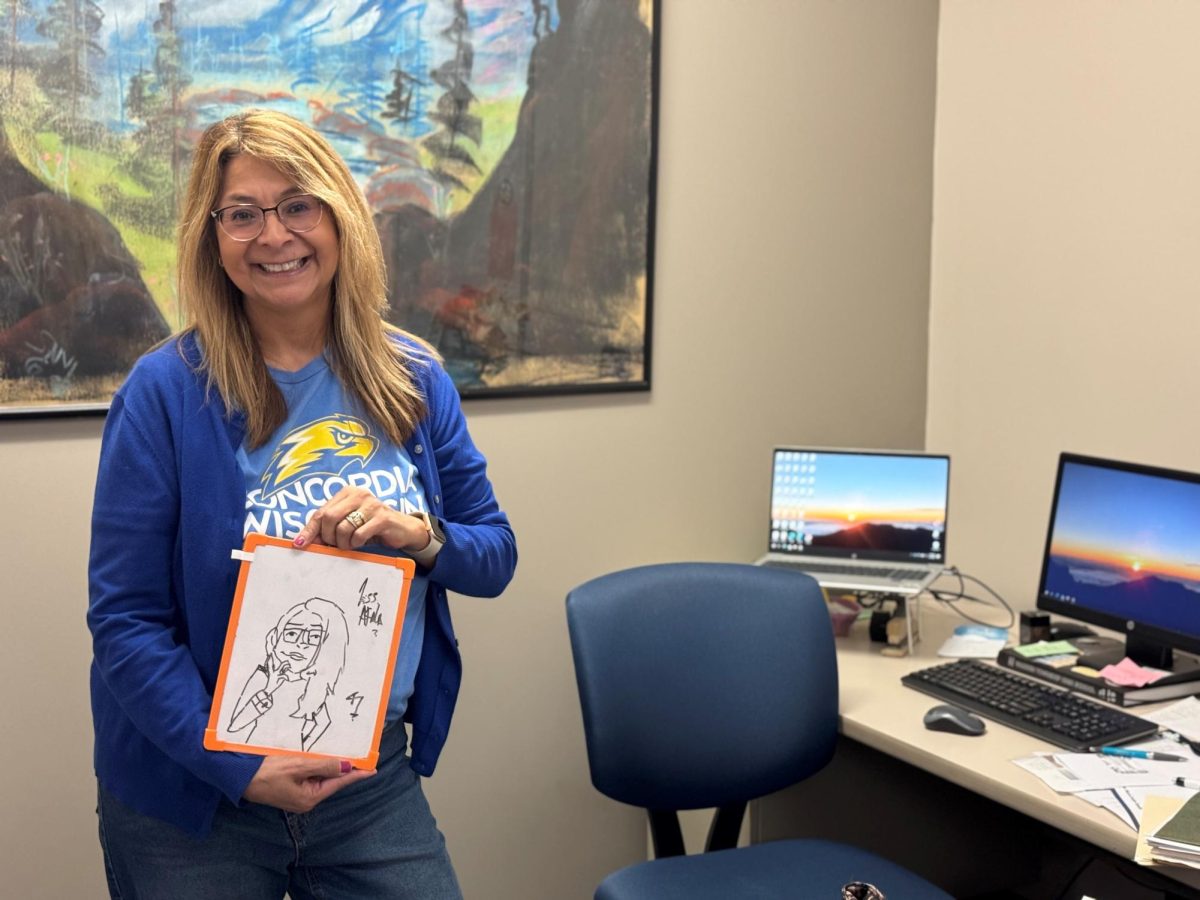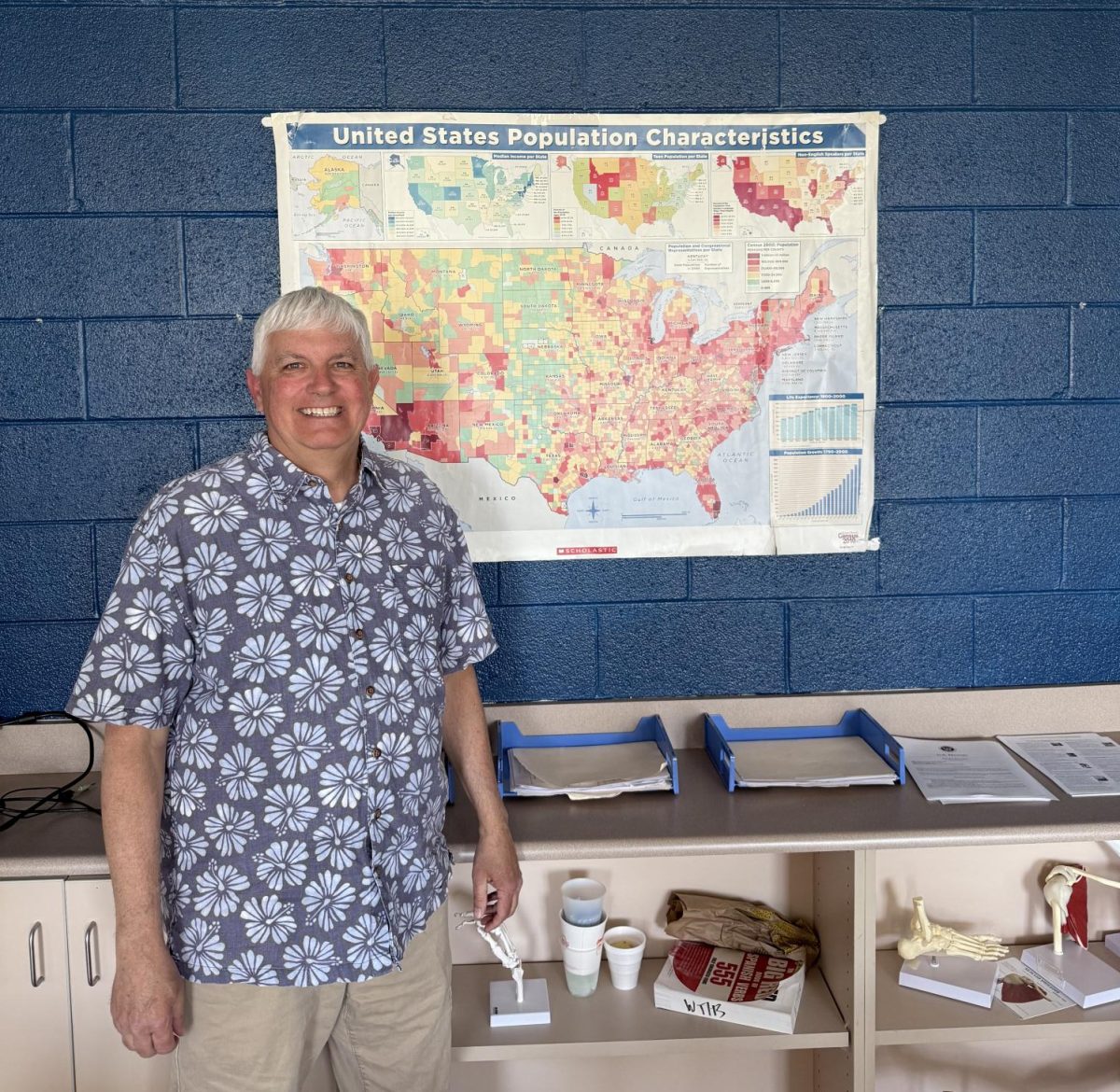Is the Early Sunset Affecting Productivity?

March 3, 2020
Fall daylight savings is usually viewed as a positive day for the majority of people. Gaining an extra hour normally results in everyone getting an additional hour of sleep and waking up with seemingly an extra hour to get things done in the morning. For the first few days, productivity seems to be at an all-time high, getting more sleep than the week before and waking up bright-eyed and bushy-tailed, ready for the day to come. With the sunshine already peeking through the curtains at a mere 7 AM, the hectic day begins almost immediately.
In my own experience, I can not focus when it is dark. Darkness brings on a sense of drowsiness due to the melatonin that is released in your brain. Your body temperature drops, your muscles relax, and your internal clock signals that it’s time to close your eyes and rest. These scientifically-proven facts are unavoidable, as they will occur no matter how hard you try to stop the naturally occurring process.
I often find myself being extremely productive when the sun is shining and the light is natural. Artificial light tends to give me headaches, so it is not a plausible option when I want to stay awake. Since most options at night are not ideal, I find myself stuck with the nasty habit of passing out without doing any work. The piercing sound of my alarm reminds me nearly every morning of the loads of homework that I have yet to complete. I’m also stuck with only being able to do my homework in the evening due to the countless hours of dance and other clubs that I participate in.
These factors all pile on for myself and several other people that I have talked to who have experienced very similar circumstances. No matter how much of a night owl you are, your brain and body are still affected by these inevitable changes. Drowsiness affects the rate of efficiency when you work, and the later it is, the drowsier you are.
Juniors Jena Bjorseth, Julia Seider, and Andrea Villa all agree that they work at a much slower pace at night and would much prefer doing their work in the daytime rather than nighttime. They all assert that working during the daytime makes concepts easier to grasp rather than struggling to understand the questions at night.
While there are many things that deter you from working at your full potential, there are also many things that can help. One such thing is imitating light. Your mind can trick your body into thinking it is daytime with a few simple tricks. Hiding lights allow you to think that there isn’t a light source, especially if the light leans more white instead of yellow. Using a room with white walls and large mirrors make the room feel bigger and allow the artificial lights to look less harsh. Think of how a room would look with dark walls with harsh yellow light in comparison to a large white room with soft white lights that blend into the walls. The latter is usually preferable. Another way to increase productivity is by working in a room that is not your bedroom, as it is much easier to not fall asleep in an area that is typically associated with sleeping.
While it is clear that the early sunset is affecting productivity for the worse, there are many things that you can do to overcome the obstacle and be victorious in getting work done.








